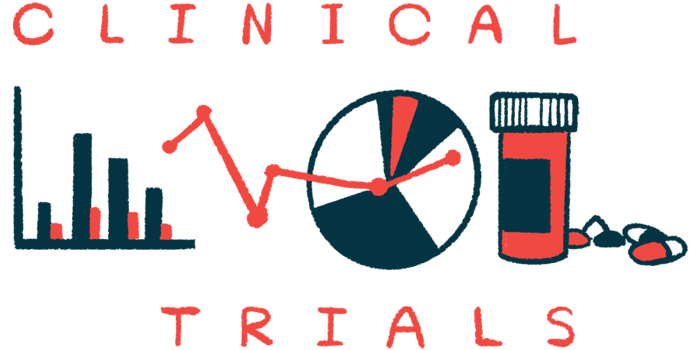PIPE-307, Aiming to Restore Myelin, Found Safe in Phase 1 Trial
Written by |

PIPE-307, an investigational myelin-restoring medication being developed by Pipeline Therapeutics for the treatment of multiple sclerosis (MS), appears to be safe and well tolerated in healthy adults.
The results are from a Phase 1 clinical trial (NCT04725175) that evaluated the safety and tolerability of PIPE-307 in 70 healthy volunteers, ages 18 to 55, at a center in Australia. It also looked at the medication’s pharmacokinetics, or how the medication moves through the body, which was found to be consistent with what was seen in preclinical models.
“These encouraging Phase 1 results give us great confidence to advance PIPE-307 into clinical studies with MS patients as soon as possible,” Stephen Huhn, MD, said in a press release. Huhn is chief medical officer and senior vice president of clinical development with Pipeline.
The company expects to move into clinical testing in MS patients after the U.S. Food and Drug Administration gives the green light on an investigational new drug application for the medication.
PIPE-307 is an antagonist of the M1 muscarinic receptor. This means that it blocks this type of receptor, which helps oligodendrocyte precursor cells transition into oligodendrocytes. Oligodendrocytes are the myelinating cells of the central nervous system (the brain and spinal cord) that make myelin, a fatty substance that forms a sheath around nerves to protect them and allow these cells to efficiently transmit electrical signals.
PIPE-307 is expected to work by restoring myelin, which becomes damaged in MS. This damage makes it difficult for electrical impulses to be carried to and from the brain along the nerves, causing the symptoms of the disease. PIPE-307 is anticipated to counteract these symptoms.
“We believe that PIPE-307, as a first-in-class myelin restoration therapeutic, represents a differentiated and clinically-validated approach for the treatment of MS,” Huhn said.
The Phase 1 clinical trial was organized in three parts. Part 1 was a six-week single ascending dose study during which about 48 participants received either PIPE-307 or a placebo by mouth. In this part, an initial single, a small dose was given and then gradually increased to find the highest dose that did not cause harmful side effects.
Part 2 assigned 24 participants to either multiple ascending doses of PIPE-307 or a placebo over seven weeks. Finally, Part 3 evaluated how food affects the bioavailability of PIPE-307 — meaning how much ingested medicine reaches the blood and is actively used for therapeutic effect — for six weeks among approximately eight participants from the study’s first part.
Besides being generally well tolerated across all doses tested, PIPE-307 had no impact on cognition, as assessed by a battery of tests measuring psychomotor, attention, learning, and executive function.
“The results of the single- and multiple-ascending dose cohorts from the completed Phase 1 study demonstrate a favorable safety and [pharmacokinetic] profile, and we are pleased to have met our primary and secondary endpoints in this study,” Huhn said.
“PIPE-307 is our flagship program and we’re thrilled to have completed this first step in our approach to myelin restoration,” said Carmine Stengone, president and CEO of Pipeline. “Therapies that are designed to restore neuronal damage, like PIPE-307, are desperately needed. Our clinical plans remain on track and we look forward to evaluating PIPE-307 in MS patients.”
Currently, there are no approved medicines that work by restoring the myelin sheath around nerves cells.



